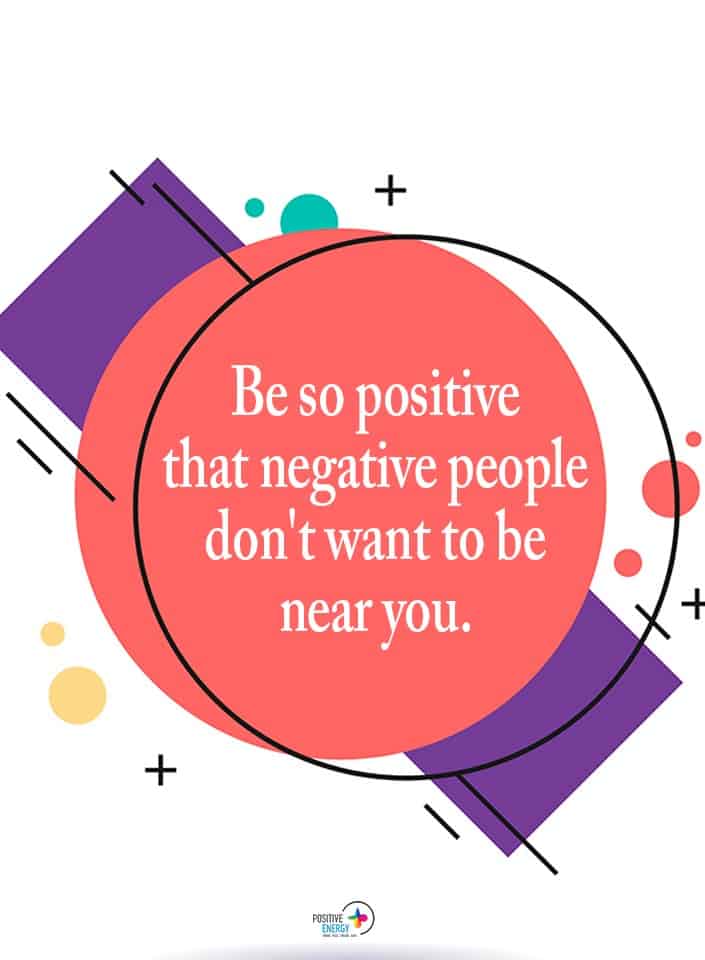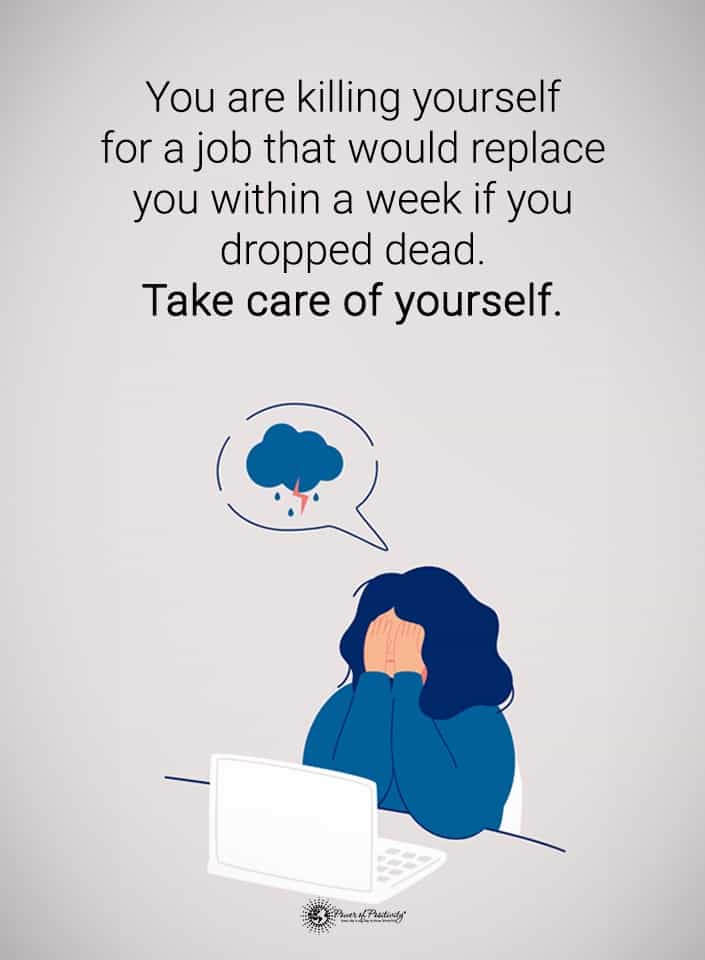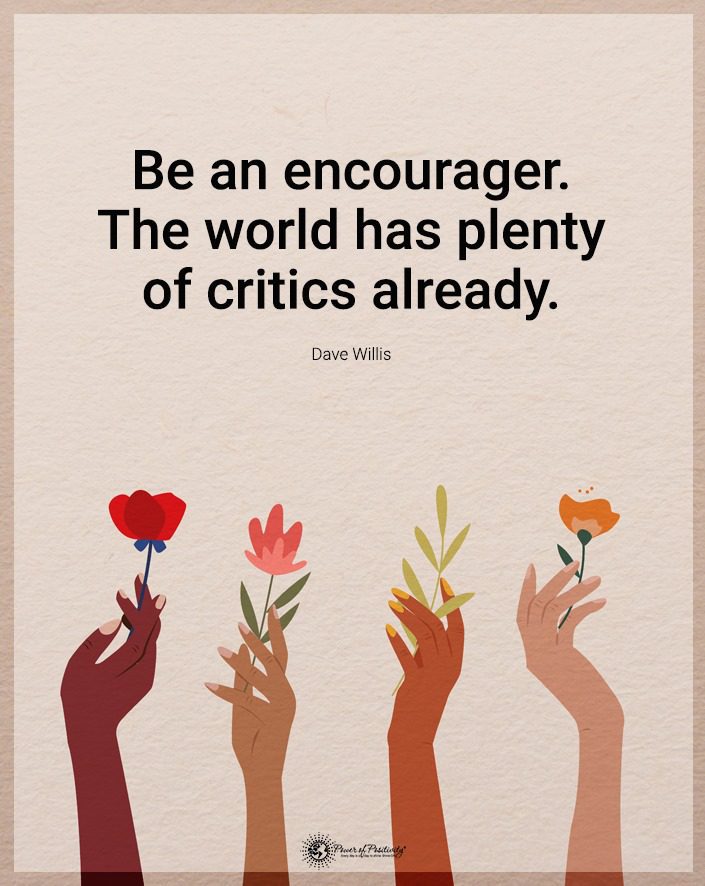People who overthink know how hard it is to overcome negative thinking. It’s a vicious cycle that causes more overthinking and negative thoughts about a situation. While there are many reasons for overthinking, there are also many ways to overcome it.
When you want to stop negative thinking and overthinking, positive mantras can help make all the difference. As you become comfortable repeating mantras, you’ll put an end to the cycle for good. Then, you can focus on gratitude, mindfulness, and living a fulfilling life.
When you use daily mantras, they promote mindfulness and positivity each day as the phrases help push away negative thoughts. The words will help you experience peace and happiness, helping you improve your life overall.
Fifteen Mantras to Help You Stop Negative Thinking
As you read through these mantras to stop negative thinking, remember the ones that resonate within you the most. The ones that resonate are the ones that’ll make the most difference in helping you stop overthinking. By implementing them into your daily routine, you’ll quickly notice the beneficial difference they make.
1. I conquer every obstacle I experience.
You can make it through everything that comes your way, no matter the situation. With positive thinking, you can overcome every obstacle and setback you encounter, helping you move forward. Things won’t always go as planned, so you must be prepared to handle them without overthinking.
While planning is beneficial in life, you can’t always count on things not working out in the way you’d hoped. Using this affirmation each morning can help you accept and overcome any obstacles that you experience.
2. I challenge all negative thoughts, allowing myself to move on.
This affirmation can help you challenge negativity and let go of overthinking. Anytime you experience a negative thought, switch your mindset and think of something positive and beneficial instead. Each time you challenge your thinking this way, it helps you relax your mind and refocus.
When you implement this mantra into your daily routine, you’ll begin developing better habits. Before you know it, you’ll challenge your negative thoughts without even thinking about them, helping you move forward.
3. I control my thoughts without letting anxiety set in.
All that it takes to stop overthinking is to learn how to control your thoughts. When you can manage your thoughts, it quickly changes your mindset, helping you see the positivity around you. This phrase will help you look for ways to overcome your negative thoughts before anxiety sets in.
If you can remember that you are the only one in control of your mind, you’re sure to refocus your thoughts. You can stop overthinking when you realize that you can choose your thoughts.
4. I am relaxing my thoughts and focusing on the present.
By relaxing your thoughts and focusing on the present, you’re sure to stop overthinking. Repeating this mantra can help you stop thinking about the past or worry about the future. Without thoughts of things you can’t control, you can live in the moment and enjoy the good things in your life.
5. I am focusing on beneficial solutions to things that I can control.
When you think too much, it might be because you are thinking about too many scenarios. If you can’t think of a beneficial solution, use this affirmation to help you refocus.
You also might overthink because you focus on situations you can’t control. When your mind starts racing, take a moment to think about whether there’s anything you can do about the experience. If you can’t, let it go, and focus on what you can control instead.
6. I am joyful and have happy thoughts about my life.
By telling yourself that you are joyful, you’ll experience more happy thoughts about your life. Repeat this mantra until you start to feel happy, and then repeat it as necessary throughout the day. The more days you repeat this phrase, the more effective for improving your mindset.
7. I am changing my perception of things.
Sometimes all it takes to stop overthinking is changing your perception of things. Using this affirmation first thing each morning can help you start your day with positivity and maintain it throughout the day. By changing your perception, you’ll begin looking for the good in all situations, even ones that didn’t go as planned.
Overthinking can cause you to miss out on the good all around you. It can also distract you from the essential things in your life. Rather than letting it consume you, use this positive phrase to refocus and shift your mindset.
8. I am okay and safe right now.
Sometimes overthinking and negative thoughts come from feeling unsafe or afraid. Stress and worry can make you feel like something negative will happen. If you ever feel this way, this is the mantra for you.
By reaffirming that everything is okay and that you are safe right now, you can eliminate the negative thoughts. Since you can’t change the past or control the future, don’t let fear convince you that you can’t enjoy life.
9. I release stress and worry anytime I experience it.
It’s time to release those negative feelings if stress and worry are issues. When you can let them go, you can stop overthinking right away. Free your mind of anything that causes you to overthink, and it’ll make all the difference in your life.
It might help to visualize the stress and worry flowing out of your body as you repeat the affirmation. Repeat the phrase a few times, envisioning the negativity leaving your body. Then, repeat it a few more times as you visualize positivity replacing your stress.
10. I let go of thoughts from the past because I can’t change what happened.
No matter what you do right now, you can’t change what happened in the past. Using this affirmation can help you let go of your negative thoughts regarding the past, helping you move forward. As you let go of wanting to control the past, you’ll experience happiness and joy again.
11. I release unhelpful thoughts and breathe in relaxation.
With this mantra, you will notice that the unhelpful thoughts leave your mind quickly. Repeat the phrase and practice deep breathing in between repetitions. Then, on the inhale, visualize relaxation set in and negativity leaving your body.
Implement this mantra into your morning routine, and you’ll feel more positive throughout the day. It helps stop negative thinking and overthinking. Thus, it helps you experience happiness again.
12. I let go of fear about the future.
Fear of the future can cause serious negative thoughts. It can be debilitating as you can’t think of anything else when you are afraid about what’s coming next. If fear of the future is an issue for you, start using this mantra every morning to help push it away.
13. I am experiencing peace within my mind.
By telling yourself that you have peace within your mind, you can start experiencing it each day. Sometimes all it takes to eliminate overthinking is to convince yourself that you are at peace. Being at peace with your life will help you stop negative thinking.
14. I am free from overthinking about things that aren’t important.
If you ever overthink about things that don’t matter long-term, this mantra can help you change that. This mantra can help you let go of thoughts that aren’t important, leaving space for the essential things in your life. Using the word ‘free’ helps your mind release anything that’s holding you back, such as overthinking.
15. I am free of thoughts that hold me back.
This affirmation is another one that uses the word ‘free’ to help you release negative thoughts. Overthinking and negative thinking prevent you from achieving your goals and living a happy life. Repeat this mantra until you feel positive thoughts coming back into your mind.
Throughout the day, negative thoughts might creep back in. If you keep this mantra in mind and repeat it whenever necessary, you can shift your mindset anytime.
Final Thoughts on Mantras to Help You Stop Negative Thinking and Overthinking
Negative thinking and overthinking can both hold you back and take over your life. Rather than letting them wreak havoc on your mind, start implementing mantras to help you instead. These affirmations will inspire you to release negative thoughts and focus on the positive aspects of your life.
As you read through this list of mantras, you likely came across a few that resonated within you more than others. If that is the case, start and end your day with those phrases. They’ll help you make the necessary changes within your mind to help you live a happy life.
When you add mantras to your daily routine and make them a habit, you’re sure to notice the difference. You won’t experience negative thinking and overthinking quite as often and, when you do, it’ll be easier to push the thoughts away.





















